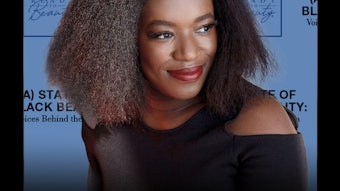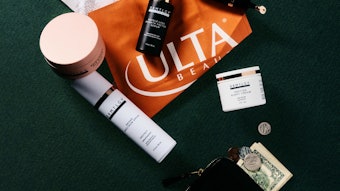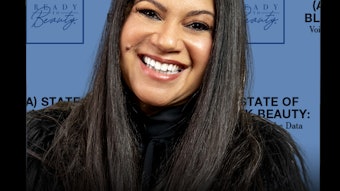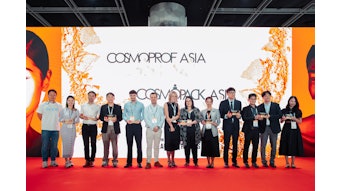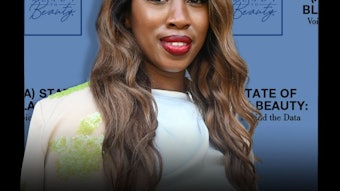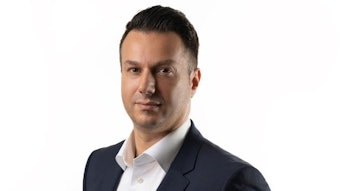Corey Huggins, Brand Manager, Black Opal
Rebranding. An argument could be easily made against it that would almost assuredly utilize the term “economic downturn,” calling into direct question the unfavorable odds of taking a brand with an established consumer base and relaunching its image and message with a sure measure of success. Yet, odds be damned, this is precisely what Corey Huggins, brand manager for Black Opal—a skin care and cosmetics line designed to address the unique skin care needs of men and women of color—managed to accomplish. The recent rebrand and expansion of the Black Opal line is the result of more than two years of strategic planning by Huggins, coordinated to coincide with the brand’s 15th year on the market. “I’m all about strategic planning,” he says. “When I came on board, I knew where Black Opal was, and consequently I knew where I wanted to take it.”
Having come to the cosmetics industry on a roundabout path—Harvard, followed by a brief, unhappy stint at a New York law firm, culminating with a marketing MBA from New York University—Huggins, who sprung from a middle-class upbringing in suburban Baltimore —“where there was no barbershop that could service ethnic hair; I was forced to go into the inner city”—is adamant about what it takes to succeed: “It’s one thing to have a dream; it’s another to figure out how to achieve that dream.” The nucleus for Black Opal’s rebranding plan was born of a shift in the cultural weather. The brand launched in 1994 during what Huggins describes as the “Second Black Renaissance,” which saw “black disposable income at an unprecedented level for the first time … as well as record black enrollment in colleges and universities.” Black Opal filled a very definite need in the African-American community for a skin care brand that was aspirational, trustworthy and of definitive quality. In the new “Obama Era,” the focus has shifted away from the perception of a black skin care regimen as a mode of cultural identity toward a more multicultural and thus inclusive branding perception.
“The women who use Black Opal are not just covering hypopigmented skin, they are building new lives,” says Huggins. “We say ‘New Skin, New You,’ because these problems are so pervasive that our customers’ whole lives, everything they are, is impacted by their beauty issues. Figuring out how to speak to someone on that level was the real challenge.”
Aside from launching a new logo, the new tagline of “Become Your Beauty” and new product lines—including bronzing powders and concealers, as well as real photography shade strips on-shelf, not computerized approximations—the rebrand is intended to connect with regular women and men in a manner that is less based on flash than on authority and aspiration. “Our endorsements come from the industry elite, those who have an informed opinion, rather than from a particular celebrity,” says Huggins, reasoning that Black Opal is “like your sister-friend, she is going to assist you through your time of need.”
The brand’s renewed purpose is not to espouse the perceived virtues of the famous, but rather to make “the [regular] you into the very best you that you are capable of being. We don’t just create beauty products; we create beauty dreams.”
With the newly branded products on shelf since March, consumer response has already validated the time and efforts of Huggins and his team. Foundation, always Black Opal’s signature seller, has seen further volume increases, and the new lines are also garnering positive feedback. “Women are willing to try new products [from a brand] they trust,” he says.
Moving forward, Huggins sees Black Opal in the position of leading its respective category through the ongoing economic strife, due to customer loyalty. “There are others you’re going to date, but you’re going to marry Black Opal, and it’s going to lead you through these tough, challenging times.” And Huggins plans to be right there the whole way: “It’s not about me, it’s about Black Opal. My time here has been all about achieving the Black Opal dream."
